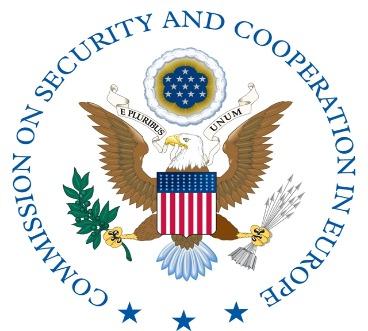Helsinki Commission Ranking Senator Ben Cardin (MD), also the Ranking Member on the Senate Foreign Relations Committee, last week asked A. Wess Mitchell, the U.S. Administration’s nominee to serve as Assistant Secretary of State for European and Eurasia Affairs, to engage the U.S. Helsinki Commission on issues of common concern if confirmed by the Senate. Mitchell’s confirmation hearing before the Senate Foreign Relations Committee took place on Tuesday, September 19. Mitchell told the Senator to expect his full engagement.
The hearing focused heavily on U.S. policy toward the Russian Federation and included Jon M. Huntsman, Jr., as nominee for U.S. Ambassador to the Russian Federation. Senator Cardin spoke of building the resiliency of democratic institutions throughout Europe, including through the OSCE, and referred to the wide array of issues confronting Europe at this time.







